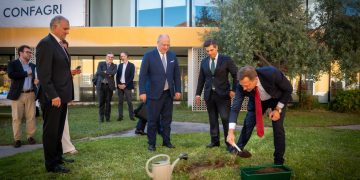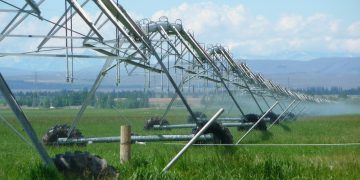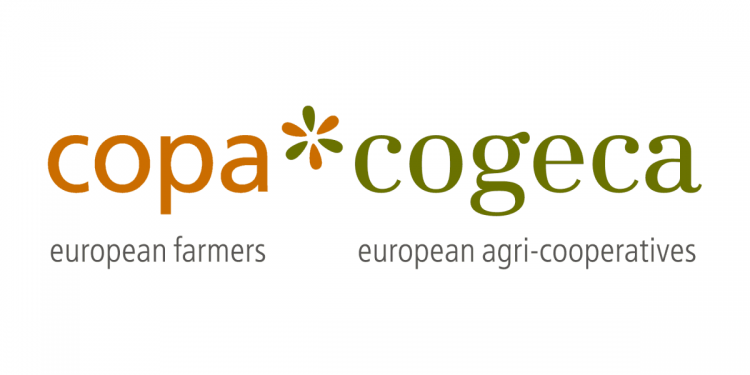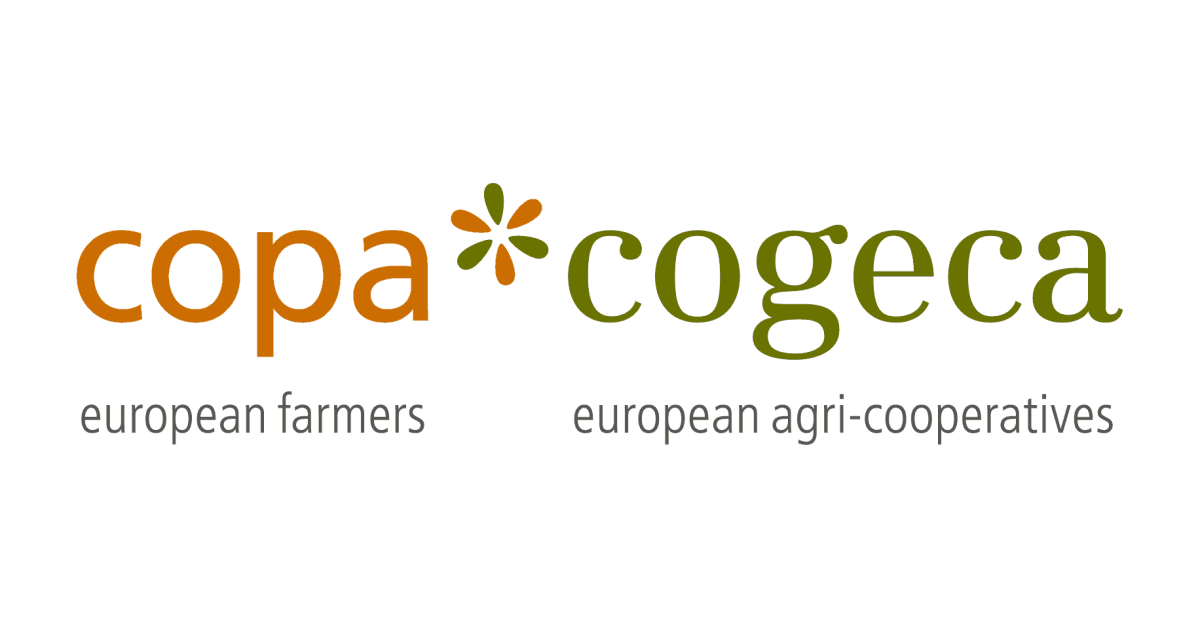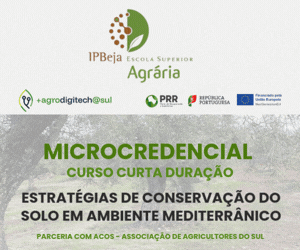Primary commodity producers, food processors, traders and fertiliser blenders are raising the alarm about the economic impact that the full implementation of the CBAM mechanism could have on the entire value chain if applied as planned by the Commission on 1 January 2026.
Arable farmers across the Union are experiencing historically low, or even negative, margins, largely driven by a sharp increase in production costs since 2020. Fertilisers often represent their largest unavoidable expense, accounting for 15–30% of total production costs. In recent years, prices have already risen sharply, and the imposition of additional tariffs on fertilisers from Russia and Belarus has triggered a further 10–15% price increase across all origins.
The planned entry into force of the Carbon Border Adjustment Mechanism (CBAM) for fertilisers on the first day of next year risks fueling this crisis to an unprecedented level. As incredible as it may sound, many of the different factors to calculate CBAM have not been fixed yet by the Commission, such as benchmarks and default values. Those technical uncertainties lead to very different estimates ranging from a CBAM cost representing 10% to more than 30% of the fertilisers’ price. The outcome is high financial uncertainties for EU fertilisers blenders and importers, preventing them to place further fertilisers orders. With 50% of EU fertiliser supplies sourced from third countries and current stocks covering only around 60% of next year’s needs, this uncertainty threatens the trade of fertilisers and continuity of fertiliser availability for European farmers.
Despite these uncertainties, even the lowest estimates indicate that CBAM could add an additional 10–15% to fertiliser prices in 2026, with some scenarios foreseeing increases of up to more than 30%.
In the current context, EU farmers could face a perfectly untenable scissors effect where they cannot absorb further increases in fertiliser prices or supply disruptions. Such developments would jeopardise the viability of EU agricultural production as well as the competitiveness and resilience of the wider food chain, with less raw material available and in the end higher prices for consumers.
Facing the rapidly unfolding crisis, we jointly call on the European Commission and Member States to postpone the implementation of CBAM for fertilisers until the following conditions are met:
- All technical elements determining CBAM costs are finalised in a way that ensures full price predictability at the moment of importation and invoicing.
- Effective measures to offset CBAM-related costs for farmers, are put in place to prevent further cost increases and safeguard the competitiveness of EU agriculture and food supply chains.
Ensuring clarity and predictability on CBAM obligations is essential for importers and traders to resume normal activity and secure fertiliser availability. Temporarily exempting fertilisers from CBAM until these prerequisites are fulfilled is the most effective way to avoid further price increases, secure supply continuity and support the sustainability of EU farming and food production.
Fonte: Copa Cogeca


